Thinking of switching phone carriers? Here's what you should know

Recently, T-Mobile has silently included a toggle that opts users into sending info for "Profiling and automated decisions.", which our own Anam dubbed as a "privacy nightmare". We've also had countless reports about issues with some of the other carriers as well, including AT&T's enormous data leak. And even though these things alone aren't a reason to switch (they can happen on any carrier), these cases got me thinking.
What if you do want to switch? Switching to a new carrier may seem like a daunting task with many things to consider. And that's why this article was born, to help you with all this! Let's dive into the things you should know before you act.
Carrier coverage: where you live matters (in some cases)
First off, it's important to make sure the carrier you're looking into has good coverage over where you live. In the US, we have three major networks: AT&T, Verizon, and T-Mobile, and all three offer good nationwide networks with 4G and 5G data.
If you live in a big city, your location may not be as big of a factor when picking a career as it would be if you live outside of a big city. For example, if you're in rural Iowa, Verizon is more reliable while T-Mobile is better in New York.
Luckily, carriers offer detailed coverage maps to help you see what options you have:
However, keep in mind that even if an area is theoretically covered, the service may not be the best. Check out with friends living in your area or neighbors about what their carrier is and how their experience is to get a fuller picture.
- Free trial
Also, most carriers offer a possibility for you to try out the service before switching. This can further help you determine which one to go for:
- Sample T-Mobile service for three months
- Verizon trial
- AT&T currently doesn't offer a trial "plan", but you can use the Cricket prepaid service that has a trial to try out its parent AT&T network.
Carrier plans
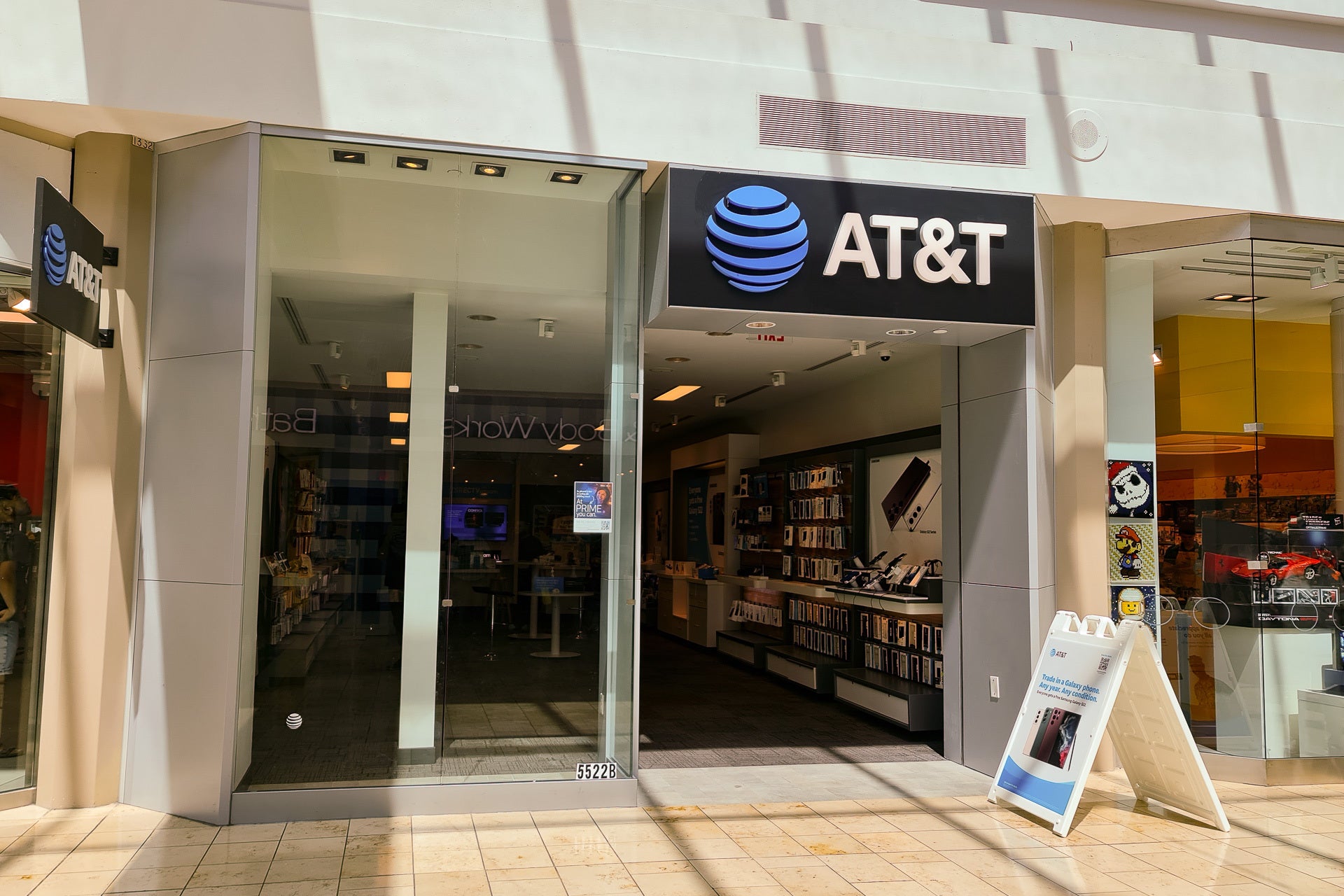
Carriers have many different plans, find the best one for you
Of course, when switching to a carrier you have to take into account what plans each one offers.
Before comparing plans, it's good to know your mobile phone usage. Make sure to have the answers to the questions below so you can make sense of which plan is the best for you.
- Do you make a lot of calls and barely use mobile data? - you may not need unlimited data
- Or, do you barely call, and mainly all you do on your phone is using mobile data? - any internet browsing outside your home is included here (video streaming, music streaming and social media)
- Are you planning to change your phone or do you want to stick with your current phone? - if you want to change it, you may be able to get a sweet deal when switching
- Does your phone support 5G or it's 4G-only? If on a 4G phone, do you plan to get a 5G phone for the foreseeable future? - 5G plans are usually more expensive, but 5G is the future
Knowing the answers will help you prevent the case where "marketing tricks" make your head spin and you end up spending more for something you don't really need.
As for getting the help you may need when comparing carrier plans, check out our detailed comparison page where we list all the plans, perks, and benefits from the main US carriers:
Your current carrier: know what you owe on your phone installment
Generally, many people get a new phone in installments with their carrier of choice. The two-year carrier contracts are now vastly replaced by phone installment plans which can go on for even more than two years. For example, AT&T and Verizon offer 36-month installment plans now for the hottest iPhones and Galaxies.
The cool thing is that some carriers offer money if you switch to them which can somewhat help cover the remaining price for your phone. However, you can't count on that and you need to make sure you're able to pay the totality of your new phone before leaving your carrier.
Check with your service provider online or in-store how much you owe on your phone installments.
Think about if you'd like to upgrade your phone
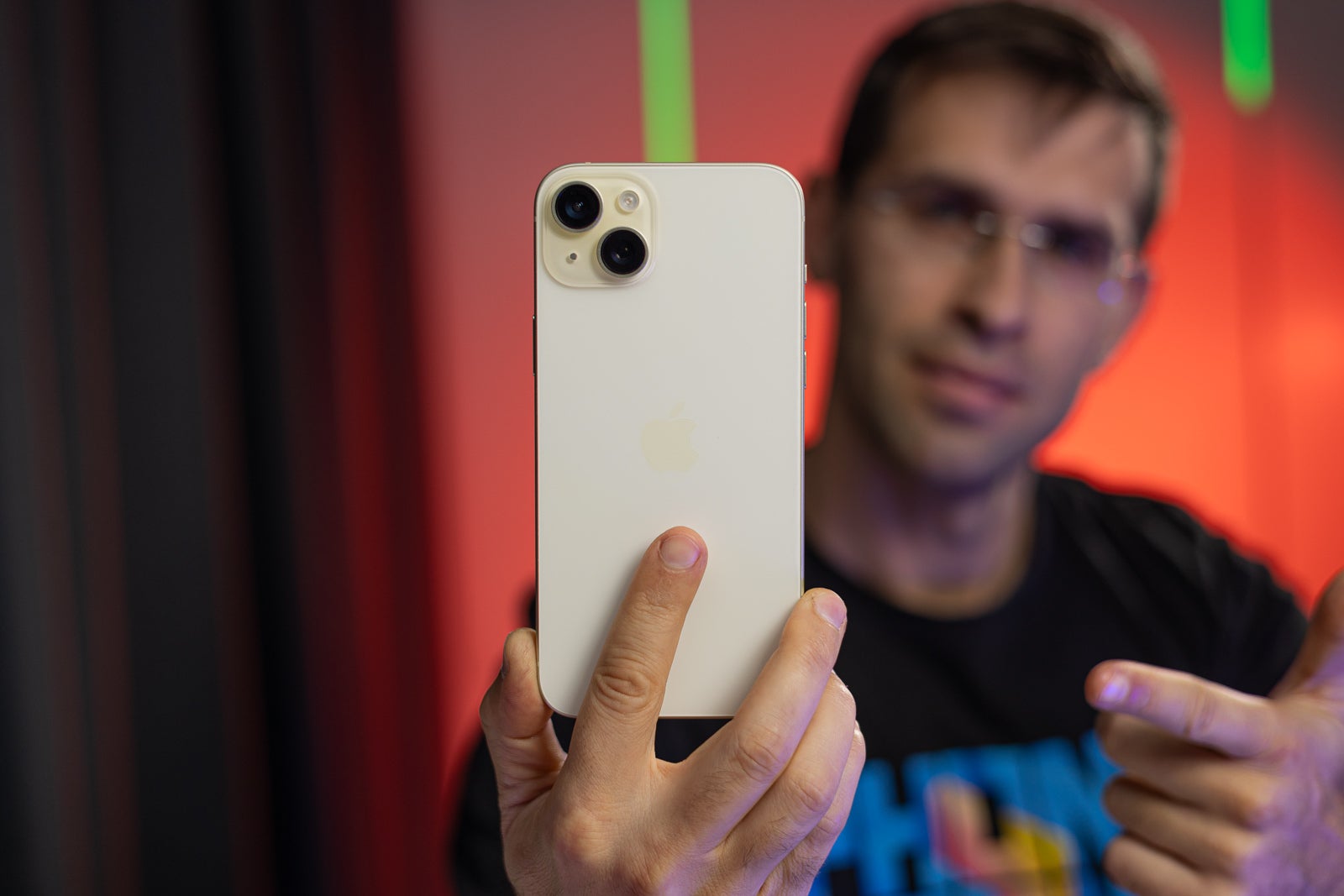
Are you ready for a new phone?
Switching carriers provides an excellent opportunity to upgrade your phone and benefit from a big discount. Many carriers have epic offers on the hottest devices out there if you switch. Of course, as with any carrier plan, those have conditions and requirements that you need to carefully check before getting too excited for that $1000 off on your dream iPhone 15 Pro Max.
Although I can't tell you if you need to upgrade your phone right now, here are a couple of things that may influence your decision towards upgrading:
- If your phone is 4-5 years old or older - phones that are towards the end-of-support from their manufacturer may start experiencing issues. Or just the daily wear and tear can make them slower or buggy
- If your phone only supports 4G - 5G is now the future and the faster mobile data is ideal for streaming movies, making high-quality video calls, or overall enjoying high data speeds
- If your phone is buggy - if, for any reason, you find the current phone you own doesn't work as well as you'd like it to, or it's been damaged (that one final drop that sealed its destiny...)
- Keeping your current phone
Also, you need to make sure that your phone is compatible with the carrier you select. Carriers use different frequencies to deliver mobile data to your device, and your device needs to support those so it will be fully functional when you switch.
Check if your phone is compatible on the website of your carrier of choice.
- Phone number: do you get a new one or do you keep your old one
Another thing when switching is whether or not you want to keep your current phone number. Things are pretty straightforward if you want to get a new number from your new carrier; however, most people, I reckon, will want to keep their current phone number. I mean, you don't want those 55 aunts, 40 uncles, and your mom's best friend to lose contact with you (or do you?..)
In all seriousness, if you'd like to keep your phone number, you will need a specific PIN code that you can take from your current carrier. Here's how:
- Transferring your number from Verizon
- Transferring your number from AT&T
- Transferring your number from T-Mobile
NB! Carriers also often refer to this action as "port out". Porting out means 'taking' your number from your current carrier to bring it elsewhere. Porting in, on the other hand, is coming to your new carrier with your old number. Yep, I know, carrier language...
Check if you're eligible for a discount
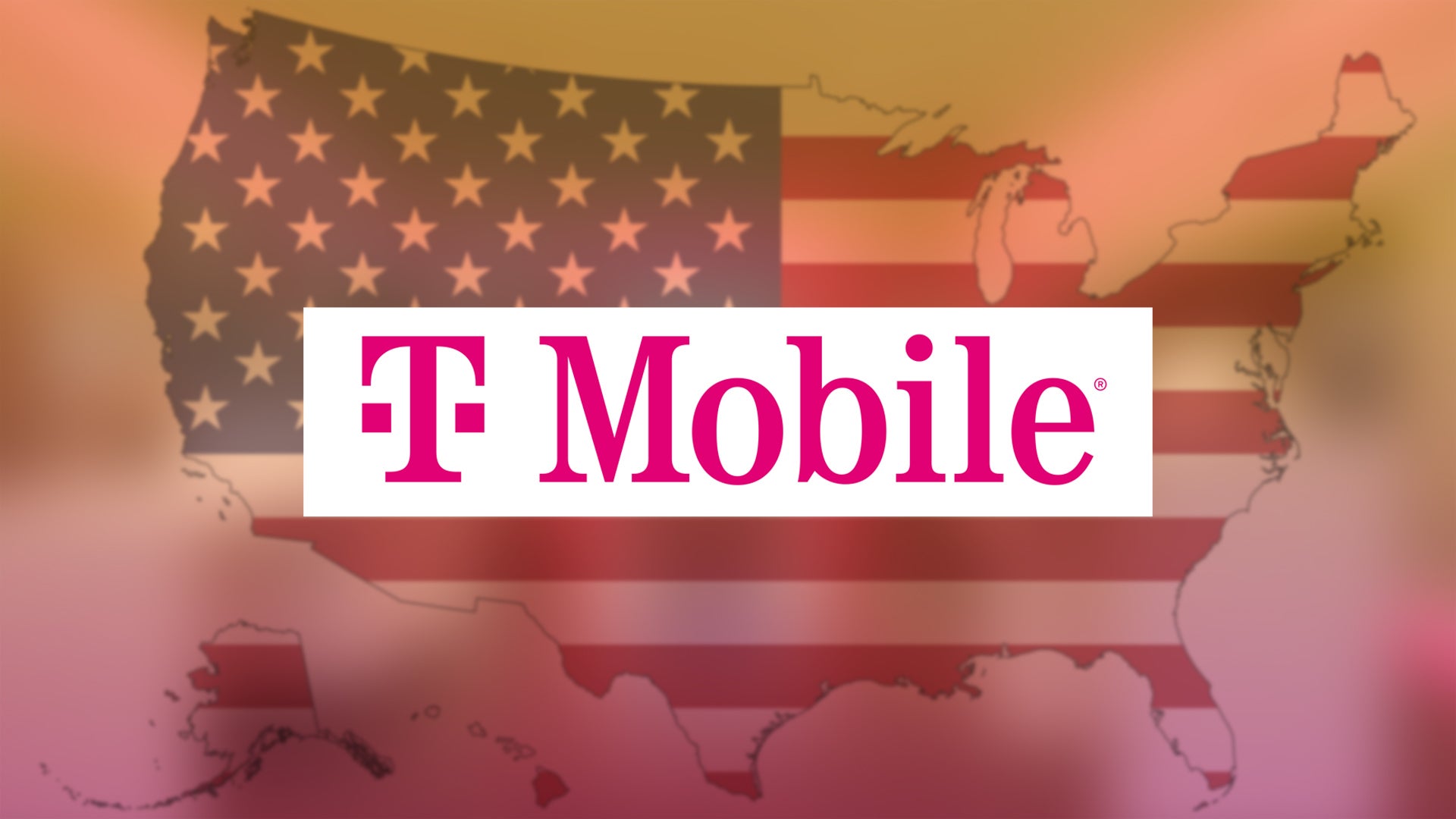
Major carriers offer additional savings for military, veterans, nurses, and teachers
Most carriers offer additional savings in some cases. Many of those discounts are connected to your employer, or if you have a military status, or if you're a student. Of course, you may be eligible for discounts in certain situations depending on your age (there are certain discounts if you're 55 or older) or family status (family plans are a thing; also, a family member may be eligible for a discount even if you're not, so keep that in mind).
Generally, military members, veterans, nurses, and teachers get discounts from every major carrier.
Check your options:
What about perks?
Most of the carriers also offer perks (or free services and other benefits) with select plans. Those could be, for example, free Disney Plus with select Verizon plans, or free Netflix with some T-Mobile plans. The cool thing is that even smaller carriers have perks with some of their plans.
However, make sure you don't pick a plan just for its perks. If you don't use everything that the plan offers, you may end up paying more than you need just to get a perk that you can get separately. Refer back to our section with "Carrier plans" to ensure you're getting the right option for you.
As you can see, the process of switching your carrier gets less complicated the more you know about it. Take all the considerations into account to ensure you make the best decision, and make sure to test out the network coverage to ensure you don't have to use Apple's satellite SOS features daily just to get in touch with the world.




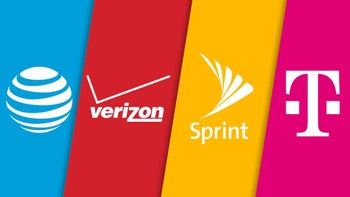



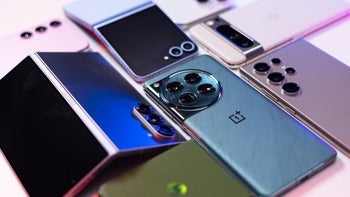

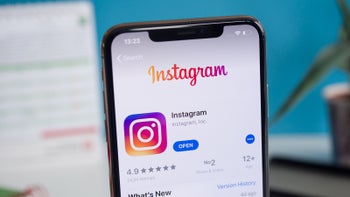

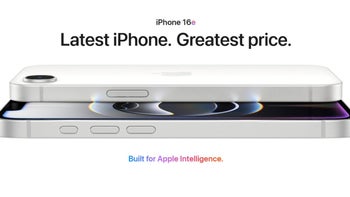
Things that are NOT allowed: